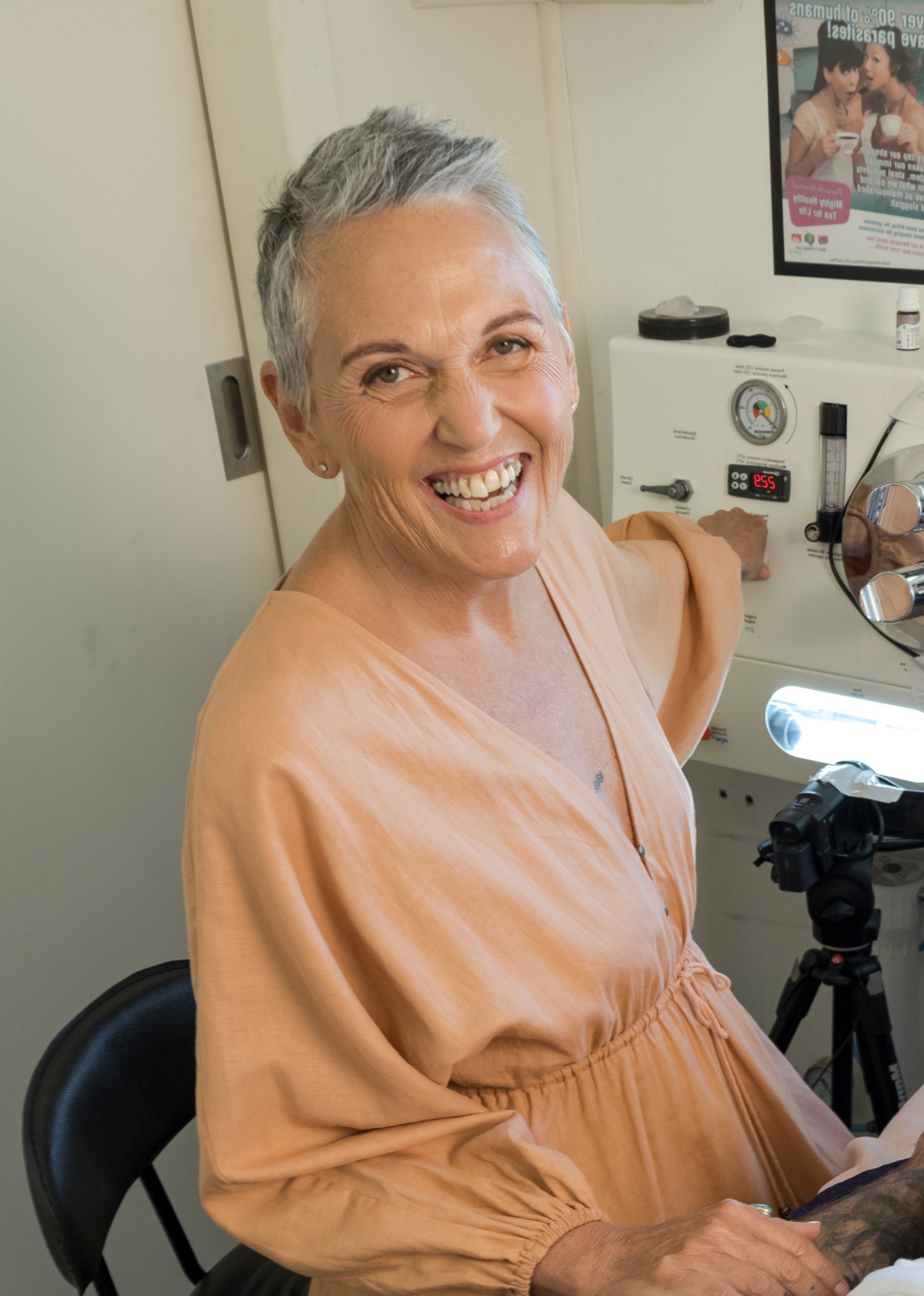
Gut health, digestive health and immune health. These three terms are often used interchangeably to describe the health of our abdomen that can lead to optimal physical, mental and spiritual health. In the twenty-first century we would expect, with technological advances, an abundance of research, sunshine, open vast spaces and access to a variety of health resources, Australians would be at the forefront of a health boom. Unfortunately, this isn't the case and we must act now.
What is Making Us Unwell?
Throughout history, our health issues have been typically underpinned by communicable diseases such as cholera, influenza, and hepatitis A and B. This has changed, with non-communicable diseases surging ahead of communicable diseases due to lifestyle choices and undiagnosed symptoms. It's projected that one in two people will have cancer and one in two people will have autism by 2035, and that we will be the first generation to bury our children. It is obvious that we are doing something fundamentally wrong that we can directly influence and change as a race. It's time to make that change.
Gut Health
Healing gut dysbiosis is the first step. Gut dysbiosis is an imbalance in the types of intestinal microbiota present in the body, a lack of microbial diversity. It may seem simple but often the simplest things are the most profound. How does the gut affect autoimmune diseases or diabetes, cancer or mental health? I often look to Mother Earth for clues. For her to maintain her homeostasis she needs minerals, moisture, microbes and mulch, just as we do.
In Western medicine, the body is split into segments while holistic medicine sees the body as one, whole system with this connection all starting and ending at the colon. So whether it's via the blood system, the Gastro Associated Lymphatic Tissue (G.A.L.T), the Vagus Nerve connecting the brain and organs including the colon, or the role of microbial communication from the gut and the brain, the gut and colon are at the epicentre of holistic health.
This is why the gut is often termed the second brain. We already know that serotonin, our happy drug, is made and housed in the gut wall and that 80 per cent of the immune sits around the colon. So it's easy to imagine the impact inflammation and dysbiosis in the bowel can have on other health areas and concerns. The entourage effect of wellness or disease as Dr Norman Walker has been quoted saying is 'all disease starts and ends in the colon.'
While it may be necessary to seek out certain testing and treatment for different diseases and their symptoms, including metabolic diseases and neurological disorders, there is something we already know - maintaining healthy bacteria in your gut health provides a positive immune response. Therefore, if you have symptoms of inflammatory responses, or a weakened immune function with no medical justification, we look at the health of your digestive tract first. Symptoms including rashes, changing hormones and constipation can often reveal the imbalance that exists and affects your gut-brain axis.
How Microbiome Diversity Affects Human Health
Another certainty is this. If we have lifestyle diseases, for example Type 2 Diabetes - it is viewed that if a person's lifestyle is changed the symptoms or disease will go away. People can often find this difficult to grasp as we've been taught that a pill will make us better. Healing lifestyle diseases is where you have the control - what you consume physically, emotionally and mentally - to overcome your disease to get the outcome you are seeking.
This puts everyone in a very powerful position to reclaim their health overall. If we take control, we have the power to live the best healthy version of ourselves.
As more and more research becomes available about our digestive system and how it works, this relatively new way of thinking from the past 10 years has resulted in a broad range of ideas on how to heal the gut and what to eat to improve the gastrointestinal tract.
It's about understanding some very simple connections. How the different species of bacteria in our gut influence our nervous system, which influence our hormonal system which influence our emotional and physical health. For example, inflammatory diseases affect our nervous system, putting us in a flight, fight or frozen zone. Consequently, our hormone system produces too much cortisol at the wrong time, potentially leaving us adrenally drained. While our body is in this state, it also shuts down the digestive system, preventing gastrointestinal motility - the process of breaking down, processing and absorbing nutrients. This can lead to bad digestion, leaving us with a wide range of illnesses, including bloating, gas, irritable bowel syndrome, bacterial infections, coeliac disease, etc.
Something as simple as shift work can cause the body to go into this state as it is constantly taking the body outside of its natural circadian rhythm, affecting the nervous system again and affecting the balance of the healthy microbiome and hormones.
How to Get Well Again
So how do we prevent this endless decline of health? How do we ensure that the bad bacteria do not get out of hand, to avoid risk factors for gastrointestinal disorders, and not disrupt the function of microglia cells that protect our nervous system, so that we can live our lives as fully as possible? It's high time we considered changing our lifestyle to boost our immune cells. Here are some ways to get started:
- Eating a whole, rich diet - think about what you've eaten in the past week, not just today as it's cumulative. What colours, texture and hydration have you offered your body? Avoid anything that is packed with artificial sweeteners and load up on fermented foods to obtain probiotic bacteria.
- Intermittent fasting – this is great to give your digestive system a rest so your body has time to heal. Having a window of at least eight hours is essential and ensuring you're eating nutritious plant-based foods. This isn't an excuse to binge eat. If you are struggling with this, then seek support to find a different way that works for you.
- Drinking good quality water daily – ensuring it is filtered
- Sleep in a dark room so your melatonin is supported – this affects your serotonin production which comes from your gut.
- Remember to breathe – deep, regular breathing can reset your vagus nerve. Anxiety occurs when we do shallow breathing.
- Take time out from social media, phones, television and shiny objects – ground yourself and find space within.
It doesn't seem too hard now does it. So why don't you try it!
Originally published on Sep 14, 2021









